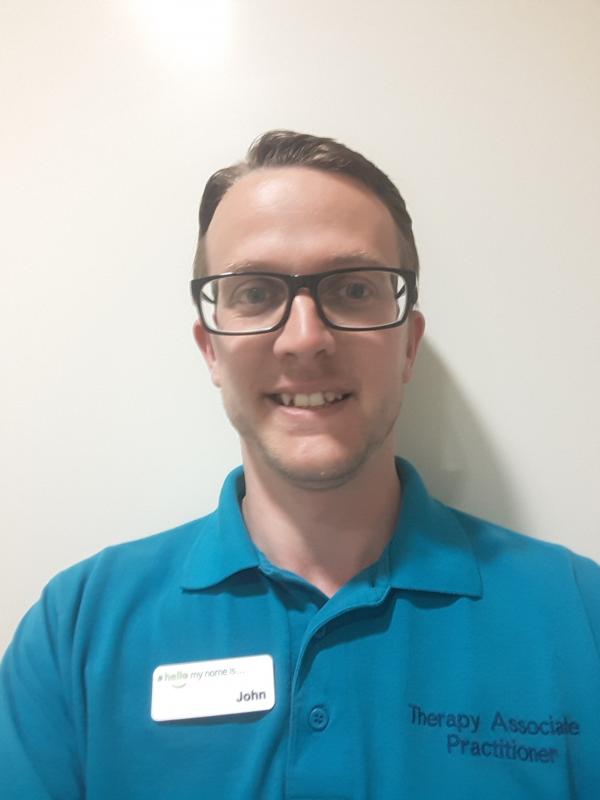I have said before to my fellow peers that I felt like a fraud when hearing about them being swamped in the first wave and some of them being redeployed to critical care.
John Hayes is a therapy assistant practitioner, urgent care team, at Queen Alexandra Hospital, Portsmouth. He is a member of the CSP Associate member Support Worker Reference Group (SWRG).
At that time, our hospital was at 70 per cent capacity and we were seeing all patients on our wards. Prior to Covid, this would rarely happen.

This wave has been different. With some registered staff being pulled to critical care (as in the first wave), the biggest change is the patients we are seeing on our wards.
Last time round, we would have 20 per cent Covid patients on our wards – this time we have 50 per cent.
The number of patients requiring oxygen therapy and respiratory physio input is increasing.
Even larger is the need for critical care beds. So much so that we are seeing patients going or being proned in our acute medical unit.
I still feel lucky as I am doing my usual role whereas others are pulled from pillar to post.
There is extra pressure on ensuring patients who can leave do so while the registered staff are seeing the most unwell patients. We play a role in supporting them with this as well – it might be by getting respiratory equipment or by helping with manual handling during respiratory treatments.
Top tips
My tip to any staff in an acute setting is familiarise yourself with where such equipment is located as you could well be asked to get this for a patient urgently like I was recently.
And to staff of all settings – have an idea of emergency action plans. Such as does your patient have a DNACPR? Are they confirmed Covid positive and if so where is suitable PPE to start CPR? These are essential things to know in case they deteriorate with you.
I am happy to learn as much as I can to help and also know that this learning will only strengthen the case for higher support worker roles and apprenticeships.
Number of subscribers: 1